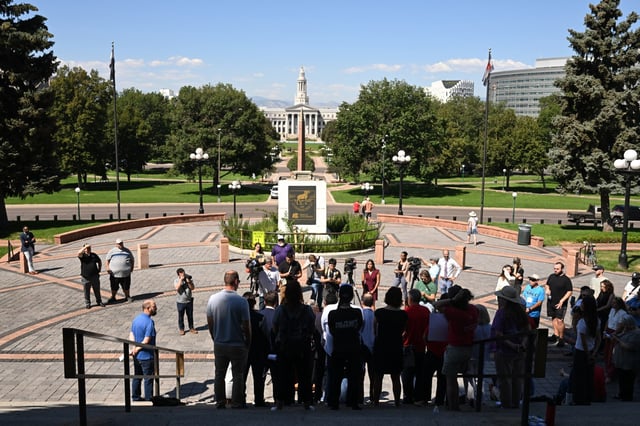Overview
- Lawmakers opened floor action on House Bill 1001, which would permanently block filers earning over $500,000 from taking the federal qualified business income deduction in Colorado, with analysts projecting $46 million this fiscal year and about $100 million in each of the next two years.
- State budget staff peg the shortfall at roughly $783 million for the year after the recent federal tax bill signed by President Donald Trump reduced income-tax collections in a state that largely mirrors federal rules.
- Leaders plan to use about $300 million from reserves and are advancing bills requiring the governor to brief the Joint Budget Committee before making midyear cuts to close the remaining gap.
- Companion proposals move to scale back business incentives, including repealing an insurance premium tax break for regional home offices, tightening rules on foreign incorporations, and eliminating vendor fee allowances, while industry groups warn of job losses and higher costs.
- Republicans press for spending cuts, mount procedural delays, and signal lawsuits under TABOR over revenue measures, leaving the final mix of fixes unresolved as the special session continues.



